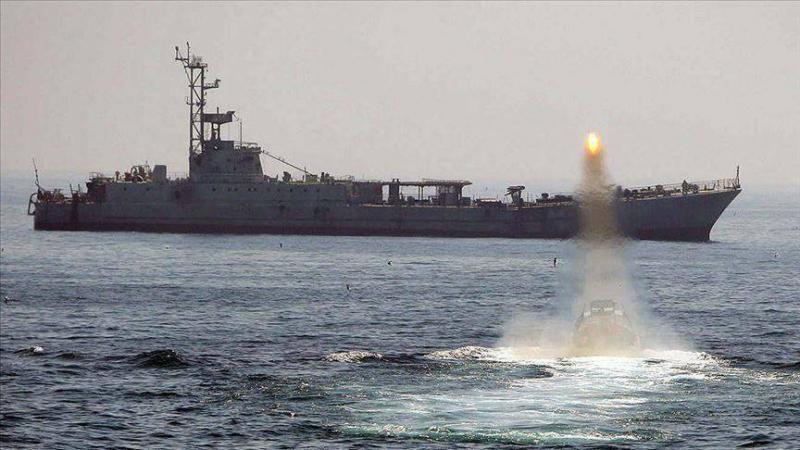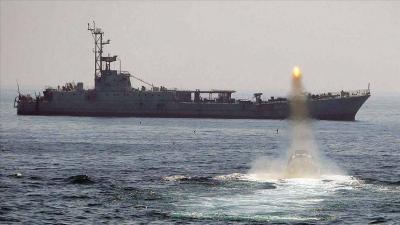The U.S. military has announced that it does not view the upcoming joint naval exercises of Russia, China, and Iran in the Indian Ocean as an obstacle to its ability to defend maritime freedom and support allies.
Pentagon spokesman John Kirby stated in a press briefing on Monday that the activities conducted by Russia, China, and Iran are naval drills. He said, "I have done a lot of that myself." Kirby added that testing naval capabilities is expected and that such drills are not seen as a hindrance to their ability to defend maritime freedom and support alliances and partnerships worldwide.
Russian Ambassador to Iran, Levan Dzhagaryan, announced that trilateral naval exercises involving Russia, Iran, and China will begin in mid-February in the Indian Ocean, stating, "The upcoming multilateral naval exercises will take place in the northern Indian Ocean in mid-February 2021." Dzhagaryan emphasized that these exercises aim to enhance cooperation in search and rescue operations and measures to ensure maritime safety.
Russia, Iran, and China previously conducted naval drills focused on maritime security in late December 2019. Observers at that time viewed the military exercises among China, Russia, and Iran as a turning point in securing navigation in the Arabian Gulf, the Strait of Hormuz, and the Indian Ocean, marking the beginning of the end of American dominance and the Fifth Fleet based in Bahrain.
Observers noted that these exercises are significant as they are the first military drills bringing together the three countries, with China positioning itself as a potential major naval power akin to the United States. China is participating in these drills based on the doctrine of securing its oil needs after becoming the world's largest importer of oil, surpassing the United States in this regard.
In military terminology, these exercises signify Russian-Chinese-Iranian scenarios to confront any external forces attempting to control the Strait of Hormuz. They represent a turning point as Washington has been trying for months to form a naval force to assert its presence in the Arabian Gulf and Indian Ocean but has failed to rally major European countries, settling instead for smaller militarily weak states like Bahrain and Saudi Arabia, along with militarily strong countries like Australia and Israel but without direct military contributions.
Washington's call to form a military force to ensure maritime security in the Gulf after oil tanker attacks last summer has been a severe failure, not witnessed in recent decades. The United States has not only struggled to build a military force but is also facing increased danger regarding the Fifth Fleet, which has operated in the region for over three decades, as it will no longer enjoy freedom of movement and maneuvering alone but will now encounter competitors that may diminish its future role.
The tension between Iran and the United States, particularly following Tehran's successful downing of an advanced surveillance drone, the "Global Hawk," led the Pentagon to keep the aircraft carrier "Abraham Lincoln" away from the Arabian Gulf, which only recently returned to its base in the region after a period of reduced tensions.




